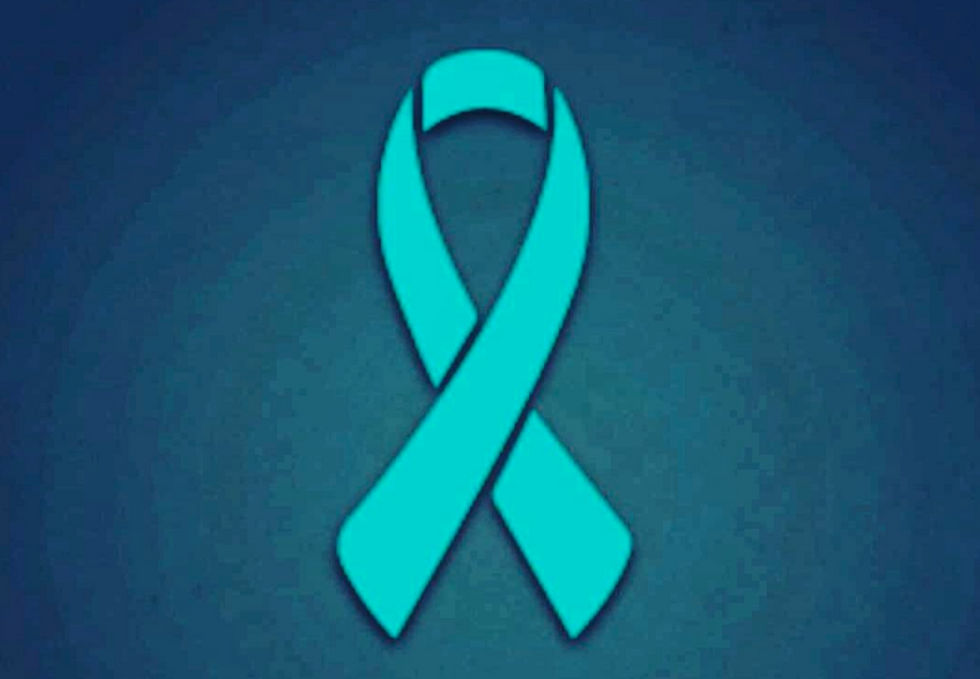April is Sexual Assault Awareness month, so it is time to emphasize our support for sexual assault survivors and allies and continue to educate people about sexual violence.
A question I heard someone ask recently is "why do we need a Sexual Assault Awareness Month?" While the answer to that question may be obvious to some, to others, it is not, so I am here to write about it.
First, let's start with the goal of the Sexual Assault Awareness Month (SAAM): to raise public awareness about sexual violence and educate communities on how to prevent it, according to the National Sexual Violence Resource Center (NSVRC). It is understood that one month will not end sexual violence. However, it is used in a way to keep the conversation going about sexual abuse and how to stop it.
To be explicit, sexual violence is a broad term and includes rape, incest, child sexual abuse, intimate partner violence, sexual exploitation, human trafficking, unwanted sexual contact, sexual harassment, exposure, and voyeurism. It occurs when someone is forced or manipulated into unwanted sexual activity without their consent.
We need this month.
We need this month because sexual assault is a serious problem.
Nearly 1 in 5 women in the United States have experienced rape or attempted rape some time in their lives, and 1 in 67 American men have experienced rape or attempted rape.
We need this month because there are powerful men like Harvey Weinstein, President Donald Trump, Al Franken, Roy Moore, Larry Nassar and Bill Cosby (just to name a few) who think it is acceptable to engage in sexual violence towards women and expect them to keep quiet about it.
We need this month to continue to empower women to speak up about what they may be experiencing. Women need to be shown that it is safe to report the crimes that are being committed against them because there are other women there to support them every step of the way.
We need this month to continue to educate people on sexual violence, open up dialogues about sexual violence, and create allies that will stand up for sexual assault survivors and speak out against these crimes.
This month is critical in bringing awareness to a grave issue. Also, during this month there is a lot of emphasis on learning how to support people that experienced sexual violence.
If you or someone you know, has experienced sexual violence or currently is there are things you can do to report the situation if you would like. If you are on a college campus, you can tell your Resident Advisor about it. They are federally mandated crime reporters, and they are there to help and support you. You can also file your own report with the police. If you do not want to report the situation, now, you can talk to a counselor, a trusted person, or call the National Sexual Assault Hotline at 1-800-656-4673.
And please remember, you are not alone.




 Energetic dance performance under the spotlight.
Energetic dance performance under the spotlight. Taylor Swift in a purple coat, captivating the crowd on stage.
Taylor Swift in a purple coat, captivating the crowd on stage. Taylor Swift shines on stage in a sparkling outfit and boots.
Taylor Swift shines on stage in a sparkling outfit and boots. Taylor Swift and Phoebe Bridgers sharing a joyful duet on stage.
Taylor Swift and Phoebe Bridgers sharing a joyful duet on stage.













